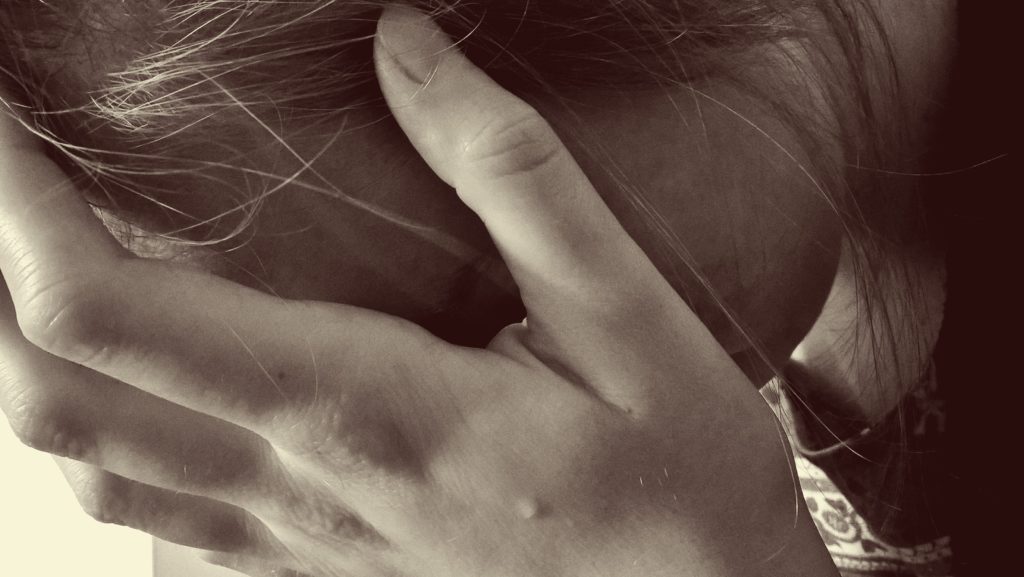More than 70 victims of sexual abuse within the Jehovah's Witnesses have come forward with their stories since the public network aired a documentory about it last week, reports the nonprofit organisation Reclaimed Voices Belgium. The documentary brought to light that the organisation had been covering up sexual abuse of minors via an internal 'disciplinary' system for years, concluded Pano. That way, none of the claims were reported to the police. One of the witnesses in the documentary was very straightforward in calling it "a paradise for paedophiles".
According to CIAOSN, an independent centre set up by Belgium's Department of Justice to study sectarian organisations, there are similar findings in 12 other countries. The report concludes that the issues in all other countries are the same. Due to the strict hierarchy of the organisation, it's very difficult to come forward, reports CIAOSN.
The elders of the organisation usually don't listen to the victims, or don't help them. They usually tell them to keep their mouths shut, said one of the witnesses. "I was told to keep the abuse to myself. 'We don't want to slander God's name.' I had to trust them to take care of it. They told me to pray some more and everything would be fine."
Jehovah's Witnesses disapprove of sexual abuse, but they don't have any policies to prevent it or report it to the police. Victims that quit the organisation are ignored completely and lose all social contact. Another issue that returns frequently in CIAOSN's report is that victims have to give their statements about the abuse in the presence of their abusers. If the accused denies involvement, they'll only further the investigation after two other witness statements. In all these 13 countries, there is not one woman involved in the internal disciplinary system.
"Noteworthy is the number of people that talk about the severe psychological damage that the exclusion by the community brings with it," the statement of Reclaimed Voices Belgium said. "In conversations we've had with victims so far, it seems that the trauma caused by the exclusion that follows when a victim speaks up about the abuse has an even bigger impact than the abuse itself."
Maïthé Chini
The Brussels Times

